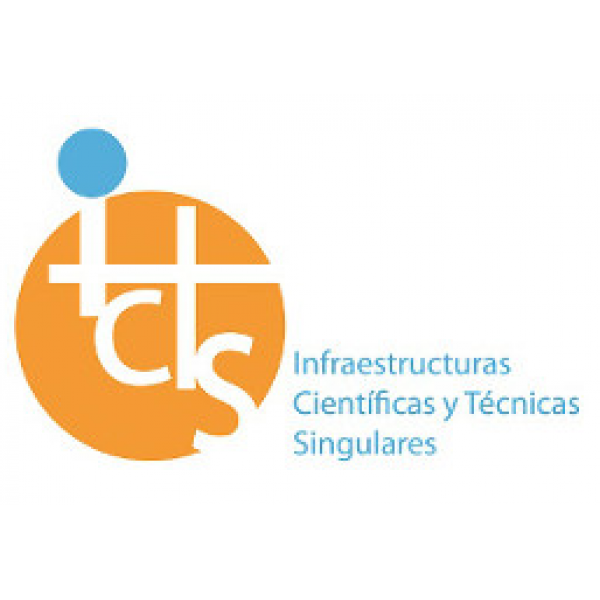High-Performance Computing enables the CNAG to manage the over 600 Gbases of sequencing data produced every day, this is the equivalent of completely sequencing six human genomes every 24 hours.In this Workshop, Bull and the CNAG will explain why HPC is so important in the analysis of omics data...
The Paris Workshops on Genomic Epidemiology are held every two years to introduce researchers to new methodologies that underpin genomic studies of diseases and other applications in the life sciences. In the last two years, initiatives such as the International Cancer Genome Consortium (ICGC),...
Omics data have provided the scientific community with an unprecedented amount of information that calls for powerful analytical tools. Not only these tools should be able to unveil the most salient features of the data, but modeling should also feed on these features to delineate possible...
Last generation sequencing technologies are profoundly impacting research in Biomedicine, Evolutionary Biology, Biotechnology, Agriculture, Ecology and other areas. In this symposium we will bring together 11 scientists of different fields who carried out genome analysis projects in collaboration...
Emerging genomic techniques, improving annotation of human genome sequence, expanding knowledge on genetic variability in humans and information on evolutionary conservation together with availability of sophisticated bioinformatic tools are changing a way how we can identify and characterise...
One of the most commonly cited functions of DNA methylation is the suppression of retrotransposons, particularly in the germ line. This broadly conserved function has been documented in species as distant as Arabidopsis and mouse. In mouse germ cells, loss of methylation at certain retro-elements,...
















